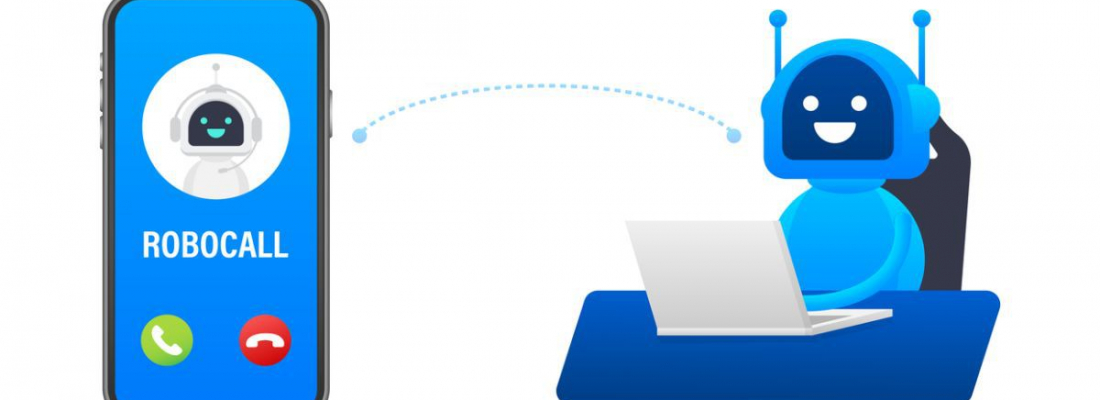Nonprofit organizations often engage in ongoing fundraising activities to augment their budgets. Some fundraising activities may include directly soliciting potential donors. As a result, tax-exempt nonprofit organizations should be aware of the Federal Communications Commission (FCC)’s revised rules concerning robocalls or automated calls using artificial or prerecorded messages.
The California Center for Nonprofit Law stays abreast of all state and federal law developments that may affect your nonprofit organization, including the new FCC robocall rules. Keep your nonprofit compliant by calling our office for the legal advice you need today.
Understanding the Revised FCC Robocall Rules for Nonprofits
The revised FCC robocall rules, which modify the Telephone Consumer Protections Act (TCPA), went into effect on July 20, 2023. The FCC revised existing regulatory exemptions to the TCPA to comply with the Pallone-Thune Telephone Robocall Abuse Criminal Enforcement and Deterrence Act (the TRACED Act), which Congress passed in 2019. In anticipation of the effective date of the revised regulations, the FCC published a Small Entity Compliance Guide on June 5, 2023.
Limits on Robocalls to Residential Phone Lines
The revised FCC rules restrict nonprofit organizations and others from making non-commercial robocalls. Previously, nonprofit organizations could make unlimited amounts of robocalls without the prior express consent of the called party. Under the revised rules, nonprofit organizations are limited to making three such calls to a specific residential line within 30 days without the prior consent of the party they called. The revised rules make no changes concerning robocalls or automated text messages to wireless phone lines.
Nonprofit organizations that wish to make more than three calls to residential phone lines within 30 days can do so only by getting the prior express consent of the party called, either orally or in writing. The organization must obtain prior express consent through one of the three permissible robocalls, a live caller, or some other method.
Opt-Out Mechanisms for Called Persons
Furthermore, nonprofits must give the party they called the ability to opt out of any future calls they do not wish to receive. More specifically, the robocall must contain an automated, interactive voice- and/or key-press-activated opt-out mechanism that the called person can use to make an opt-out request. The option must include brief explanatory instructions on how to use the mechanism.
Additionally, all robocalls must clearly identify the name of the person or entity responsible for making the call and provide the opt-out mechanism within two seconds of that identifying information. Likewise, robocalls must clearly state the calling party’s telephone number during or at the end of the call, which number must allow the caller to make an opt-out request during regular business hours. If the robocall leaves a message on an answering machine, the message must contain a toll-free number that allows the caller to reach the automated opt-out mechanism.
Do-Not-Call Lists for Nonprofit Organizations
Any use of the automated opt-out mechanism must result in the called person’s number being automatically registered to the caller’s do-not-call list. The organization must comply with the person’s opt-out request within 30 days of the request, and the person must remain on the do-not-call list for no less than five years from the time of the request. Furthermore, nonprofits making robocalls must maintain written policies, available upon demand, for maintaining a do-not-call list that complies with FCC rules. All organization personnel involved with robocalls must be aware and trained on the use of the do-not-call list.
Allow Us to Meet Your Legal Needs
The California Center for Nonprofit Law dedicates its efforts to the daily legal matters that nonprofit organizations face, including ongoing compliance with changes in the law. Call us today at (949) 892-1221 and schedule a time to discuss your case. Get your questions answered and learn more about how we can help.






